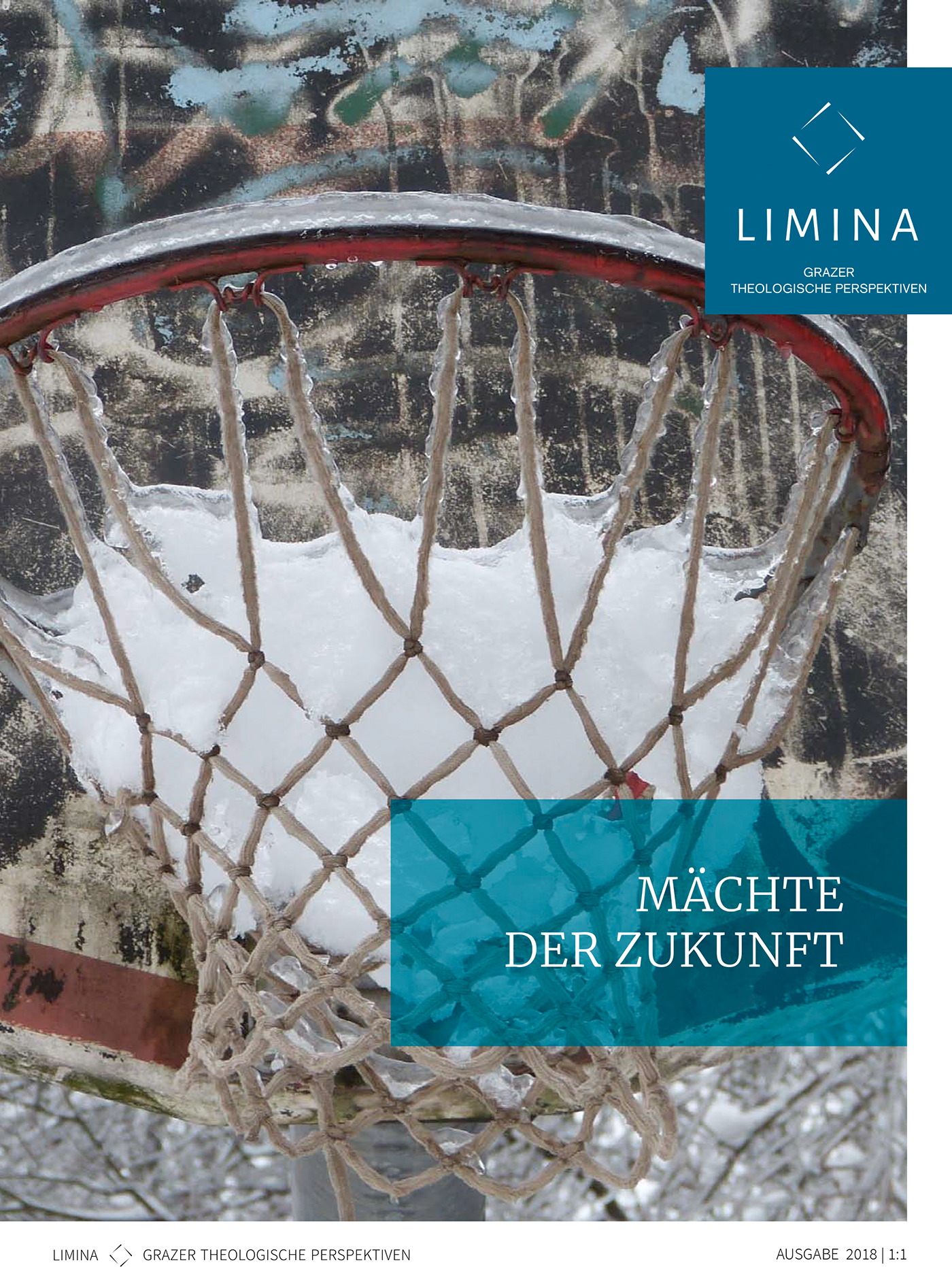Religion aus Daten? Zur digitalen Edition von religiösen Grundlagentexten
Main Article Content
Abstract
This article presents projects that apply current digital methods in the scientific preparation of primary texts of the three monotheistic religions based on scripture: the New Testament Virtual Manuscript Room at the Münsteraner Institute for New Testament research, the digital preparation of the Hebrew Bible as part of the Westminster Leningrad Project, online resources for the Aleppo Codex and the Codex Sinaiticus, the digital documentation of the Dead Sea Scrolls, the Quran websites altafsir.com and tanzil.net, the linguistically annotated Quran from the University of Leeds, as well as the Corpus Coranicum from the Berlin-Brandenburg Academy of Sciences and Humanities. These represent the different approaches from collaborative critical research working towards a classical critical edition on the documentation of individual text media, and the preparation of a linguistic corpus, to comprehensive annotation and analysis of the text.
This article puts these concepts within the discourse on the question of digital editions within digital humanities and concludes that they “digitise” the texts in order to process the complexity of their tradition and the volume of content annotations. The question arises as to what consequences this scientifically driven digitisation and thus the algorithmic process as a precondition for human understanding have regarding the text function in theology and religious practices.
Article Details
The author(s) retain copyright without any restriction.
LIMINA provides immediately upon publication open access to its content. The content of this journal is licensed under the Creative Commons Attribution 4.0 International Licence. By submitting a contribution, the author(s) agree(s) to the terms of use of the CC BY licence.

